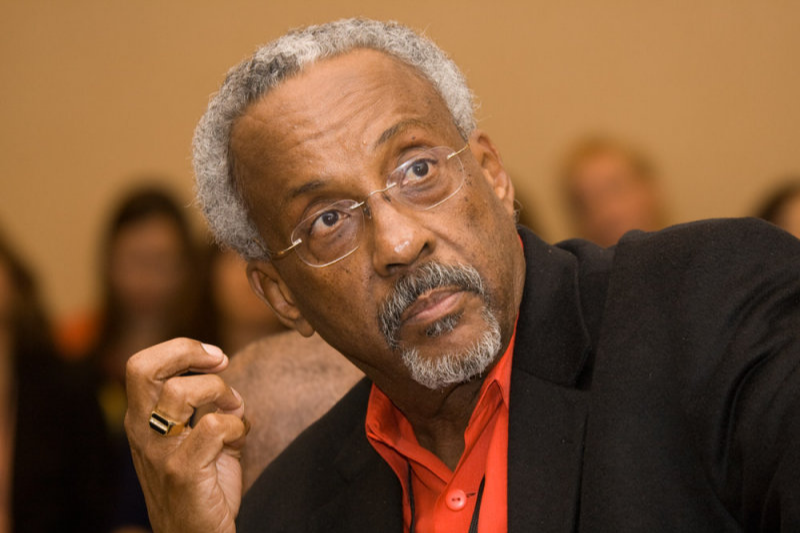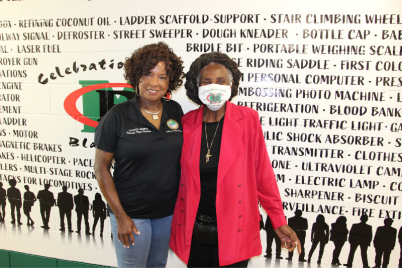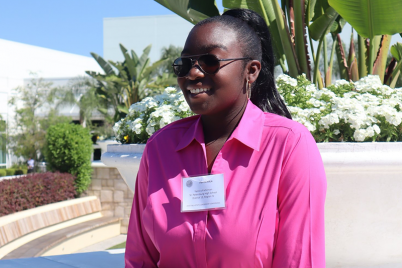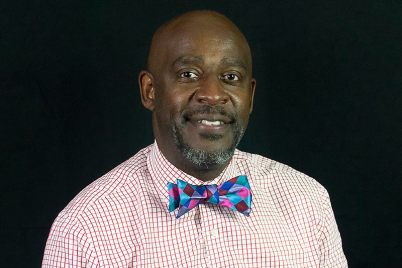Michael F. Broom, Ph.D., is an expert in helping companies, organizations, and businesses manage change.
BY J.A. JONES, Staff Writer
DUNEDIN — With over 40 years of working with organizations ranging from large tech firms and college universities to the National Security Administration and the Library of Congress, Michael F. Broom, Ph.D., is an expert in helping companies, organizations, and businesses “manage change.”
Broom resides in Dunedin, but his clients are located across the nation, from Silicon Valley to Washington, D.C. Broom’s background as an organizational psychologist has developed into a company called The Center for Human Systems, focused on helping organizations increase their productivity and employee engagement.
In other words, Broom helps “fix” problematic corporate cultures by assisting organizations in getting to the root of what’s creating challenges, dysfunctional behaviors and attitudes, and division within teams.
As a self-described stuttering, asthmatic, puny child, Broom studied people from a young age. He became a psychotherapist but quickly learned “sitting in one chair hour after hour listening to sad stories” didn’t appeal to him.
“Working with organizations, you have a much larger impact than one person at a time,” he affirmed.
Broom entered the organizational consulting world determined to “learn from the folks at the top” and took the time to gain know-how from several mentors over the years. After graduating from Johns Hopkins with a degree in managing change in human systems, he became a faculty member and initially started his practice working with boards of small not-for-profit clients.
Broom said there are several keys to managing change in organizations, large and small, with three immediate areas closely tied together. The first, he stated, “is to understand human systems.”
A human system is any group of people that impact each other – whether an organization, a family, or a group of friends.
Eventually, said Broom, the individuals will operate in such a way that that the group, entity, or human system begins to take on characteristics of its own, which are separate and distinct from the individuals in it.
“You, like the rest of the world, have been to meetings that repeatedly suck with the same people. And all those people are fundamentally bright people. They all want the organization to work, and they probably even have a good deal of respect for each other.” The issue, said Broom, is that a systems problem exists.
Our inability to see systems problems results in team members pointing fingers and laying blame. “We don’t see it as a systems problem. We say, ‘Oh, Gary was the leader of that meeting. He really does not know how to lead a meeting.’ And of course, we never say that to Gary.”
Broom noted that because no one, including Gary, sees it as a systems issue, it takes on a life of its own.
Of course, some systems create positive synergy, working together as a group of people making wonderful things that none of the individuals could create by themselves, relayed the organizational expert.
However, negative synergy could create an opposite situation – and a circumstance where team members “might have been much better off if they were working by themselves,” Broom chuckled.
He noted that the second key is “conscious use of self.” To manage change in any system, we must govern ourselves effectively. Because whatever that system is doing, each individual contributes to that — for better or for worse.
“If I can begin to notice how I’m contributing to this dysfunction, even it’s just me sitting there and not saying anything so I can stay out of trouble, that is contributing to the destruction of that system.”
Broom said that if we can instead acknowledge that what we’re doing isn’t helping, our goal should instead be to help the system to improve itself. To do that, he recommended finding allies who can support that vision of improvement.
And to find allies, “I have to manage myself, get off of automatic because our automatic is to blame – ourselves or somebody else. Neither one works.”
Instead, he said, building a consensus with others that grows among the team is what will increase the synergy toward changing the system positively, which, said Broom, is when “the whole system shifts.”
The third key, he stated, is approaching differences differently. “I’ve never had a client where conflict wasn’t some somehow or another. Anytime there’s a dysfunction in the human system, there’s a conflict going on somewhere. And those conflicts are coming from some set of differences being used in a win-lose fashion,” asserted Broom.
When we approach our differences in that way, the fundamental value of differences is lost. Broom explained, “Difference is the only source of learning we have…Tell me something that you’ve learned that wasn’t different?”
Broom shared that it’s how we process new and different information that determines whether we will grow out of the conflict with new tools and skills — or allow our conflicts to develop into playing “win or lose.” He shared that that automatic tendency is the fundamental root of our society’s issues.
Dr. Broom, a 2015 recipient of the Organization Development Network’s Lifetime Achievement Award, is the author of Power, The Infinite Game (co-authored with Dr. Donald Klein), and The Infinite Organization, which celebrates the positive use of power in organizations.
To learn more about The Center for Human Systems and Dr. Broom’s work, visit chumans.com.
To reach J.A. Jones, email jjones@theweeklychallenger.com








